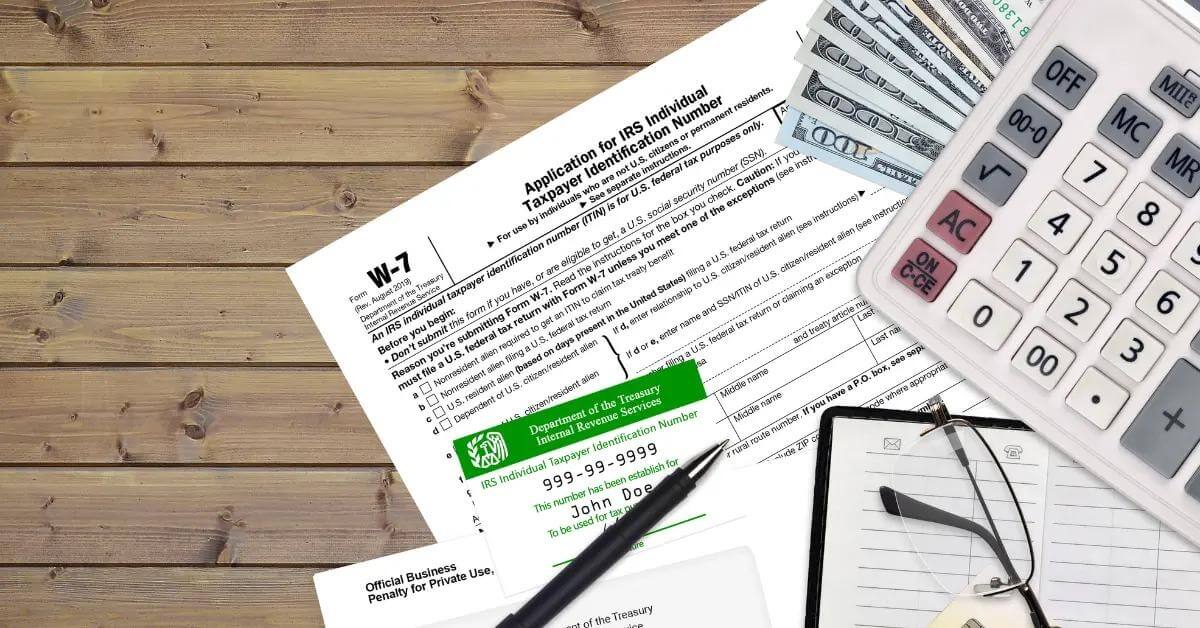Did you know that in 2016 over $110 billion was lost in gambling in the United States alone?
It’s no wonder that people are trying to learn more about using their losses to offset their winnings if they had any.
Sometimes you win big, others times you’re just not lucky.
Keep reading to learn everything you need to know about claiming gambling losses.
As a United States taxpayer giving a share of your income to the IRS is common. Most people don’t realize that the Internal Revenue Service (IRS) doesn’t only tax your job income it extends to any additional income including gambling winnings. If you had a good day at the casino or at the track your winnings are taxable because they’re considered a form of income.
No matter the amount you won you’re required to report it and pay your taxes accordingly. The same way you report your winnings on Schedule 1, Line 21, claiming gambling losses is also required. Gambling losses are tax-deductible.

Keep Track of Your Gambling Winnings and Losses
The IRS requires you to keep a diary or similar record of your winnings and losses. The diary has to include:
- The date you gambled
- The type of gambling
- The people you gambled with
- The name and address of where you gambled
- The amount you won and lost
The gambling type includes any of the following:
- Raffles
- Lotteries
- Slot machines
- Keno
- Casino games
- Bingo
- Poker games
- Sports betting
- Horse and dog races
- Cash winnings
- Sweepstakes
- Off-track betting
- The fair market value of prizes such as cars and trips
Loss Deduction Limits
You are allowed to write off gambling losses to offset gains the same was you can with investments.
The only catch with gambling is that the number of gambling losses you are allowed to deduct can’t be more than the amount you report as your winnings.
You aren’t allowed to deduct your losses from your income.
If you report winnings of $2,000 and your losses were $4,000 you can only deduct $2,000 in losses.
You can claim your gambling losses as “Other Itemized Deductions” on your income tax.
Another example when doing your taxes is if you win $2,000 and lose $2,000 then you can cancel out your winnings and will not pay taxes on it. No matter if you’re losing or winning keep a detailed record of everything as mentioned above.
Something else to keep in mind is that you can use all your gambling losses against all your winnings. If you had winnings in horse races and losses in bingo you can use your losses in bingo to offset your horse race winnings.
Any losses that you’re not able to use because your losses exceed your winnings, you’re not allowed to carry over losses to the following year. The extra money is lost.

Keep a Gambling Log and Save Your Receipts
When you buy a scratch ticket, play the lotto, or do any form of gambling make sure you ask for a receipt and save it. If you go to a casino sign up for their player’s club where they will give you your own card. This card keeps track of wins and losses.
Form W2-G: Certain Gambling Winnings
There are casinos and gambling institutions that will send you a Form W2-G if you win a large amount. Racetracks and established casinos have guidelines in place for when they send these.
You won’t receive a W2-G from local bingo games, or a super bowl pool ran at your office but those winnings are taxable income because they are a form of income.
Some of the guidelines the IRS has for reporting winnings on Form W-2G include but aren’t limited to:
- Winnings exceed $1,200 on a bingo game or a slot machine
- Winnings (reduced by the wager) are $1,500 or more from a keno game
- Winnings (reduced by the wager or buy-in) exceed $5,000 from a poker tournament
If you don’t receive a W2-G you will report your winnings under Other Income.

Reporting Your Gambling Losses To The IRS
You have to itemize your income tax deductions on a Schedule A form. If you claim the standard deduction you’re still obligated to report and pay tax on all winnings you earn for that year but you won’t be able to deduct any of your gambling losses.
State Taxes
Some states don’t allow gambling losses even against gambling wins. This can make for an interesting situation because if you’re in a state that you can’t report any losses and you have a major winning you’d be responsible for all your winnings.
Even if you had enough losses to offset your gains you wouldn’t be able to report them if you live in one of these states.
E-Filing Taxes
If you e-file your tax return you don’t have to send in your W-2Gs or your gambling diary or journal. These are for you to hold on to for your records.
If you ever have an audit you want to make sure you have these available to show the IRS as proof of what you reported on your income tax.

Don’t Let Taxes Deter You – Gamble Responsibly and Take Note of Everything
If you enjoy gambling as a once in a while entertainment don’t let the IRS laws keep you from gambling. Don’t forget to keep track of both wins and losses every time you gamble. Make sure you double-check what the laws are for your state as far as claiming gambling losses.
If you have any questions contact our office. Our tax attorneys are available 24 hours a day, seven days a week to answer any questions about reporting your gambling wins and losses.








